It turns out that C# libraries do indeed maintain a list of day abbreviations, and if you don't like them, you can even change them. Specifically, I'm referring to CultureInfo.[culture].DateTimeFormat.AbbreviatedDayNames.
The InvariantCulture uses the same abbreviations for Monday, Thursday, and Sunday as you've listed in your question.
Given an abbreviation for a day name, you should be able to derive the index of the abbreviated name in the AbbreviatedDayNames array, which matches the index used by DayOfWeek.
To me, this approach seems superior than embedding literal strings into your code.
public static void Main()
{
var dayList = new List<DayOfWeek>();
var str = "Mon-Thu, Sun";
str = str.Replace(" ", string.Empty); // remove spaces
// split groups by comma
var split = str.Split(new[] { ',' }, StringSplitOptions.RemoveEmptyEntries);
foreach (var item in split) // process each group
{
// split ranges by hyphen
var elements = item.Split(new[] {'-'}, StringSplitOptions.RemoveEmptyEntries); // split group into elements
switch (elements.Length)
{
case 1:
// add single element
dayList.Add((DayOfWeek) GetDayIndex(elements[0]));
break;
case 2:
// add range of elements
dayList.AddRange(GetDayRange(elements[0], elements[1]));
break;
default:
Console.WriteLine($"Input line does not match required format: \"{str}\"");
break;
}
}
// prove it works
Console.WriteLine(string.Join(", ", dayList));
}
private static int GetDayIndex(string dayNameAbbreviation)
{
return Array.IndexOf(CultureInfo.InvariantCulture.DateTimeFormat.AbbreviatedDayNames, dayNameAbbreviation);
}
private static IEnumerable<DayOfWeek> GetDayRange(string beginDayNameAbbrev, string endDayNameAbbrev)
{
var dayRange = new List<DayOfWeek>();
for (var i = GetDayIndex(beginDayNameAbbrev); i <= GetDayIndex(endDayNameAbbrev); i++)
{
dayRange.Add((DayOfWeek) i);
}
return dayRange;
}
EDIT
As stated above, if you don't like the day abbreviations used by a particular culture, you can temporarily change them. To see how, have a look at this Stack Overflow question: How to change DateTimeFormatInfo.CurrentInfo AbbreviatedDayNames collection.
